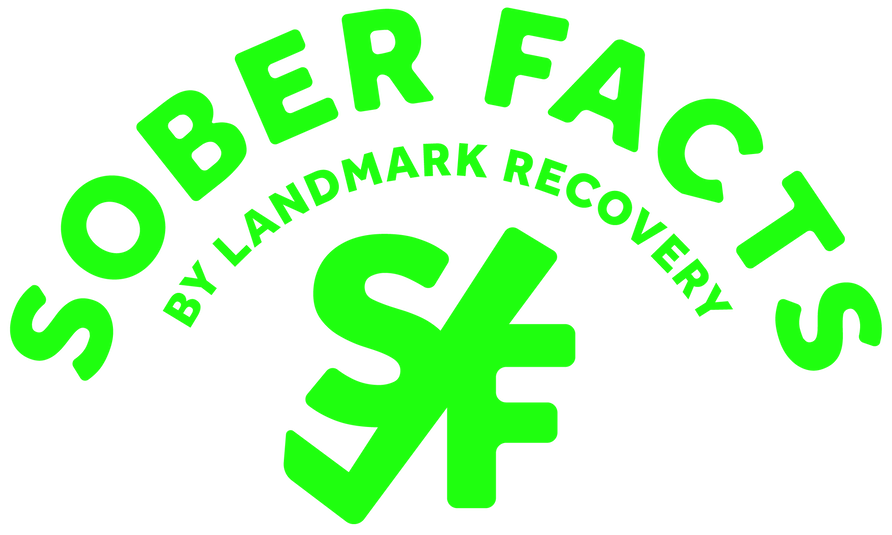Choosing recovery close to home means your support system is just a few miles away.
- 100% Confidential
- Available 24/7
- No Pressure to Commit
- Multiple Financial Options Available
Choosing recovery close to home means your support system is just a few miles away.

Sounds Like: DEX.trow.am.FET.ah.meen
Classification: Amphetamine enantiomer
Controlled Substance Act Schedule: II
Other names for Dextroamphetamine
Dextroamphetamine comes with a considerable likelihood of addiction, especially in cases of recreational use. However, it’s not as likely to occur in long-term medical use at therapeutic doses. Addiction typically stems from patients deviating from the prescribed usage. In fact, current data draws statistical correlations between lifetime stimulant therapy for ADHD and a reduction in the risk of developing substance use disorders in adulthood if that therapy begins in childhood.
The key there, though, is therapeutic dosage. Amphetamine addiction is consistently based on overstimulation of the mesolimbic pathway in the brain’s dopaminergic system connecting the ventral tegmental area to the nucleus accumbens. People who self-administer high doses incur high risk levels for amphetamine addiction. Chronic use at high doses gradually causes the accumulation of a specific protein in that nucleus accumbus area. The protein in question has recently been described by some as the “master control protein” for addiction.
Need help with Dextroamphetamine or another drug addiction?
Call Landmark Recovery and speak with an admission specialist today.
Call NowWe're available 24/7 to help you find Recovery
Dexedrine is a treatment for attention deficit hyperactivity disorder (ADHD) and narcolepsy. Outside of these two disorders, it can also be occasionally prescribed to treat depression or obesity. ADHD patients receive this medicine most often at therapeutic dosages to enhance brain development and nerve growth.
Dextroamphetamine generally comes in the form of a pill. In particular, it’s often administered in spansules of three sizes: five, ten or 15 mg. Spansules are capsules that can be pulled apart. At the five-mg level, it can also come as a tablet.

Compulsive Dextroamphetamine seeking behavior
Consistently filling another prescription ahead of schedule
Taking it in ways other than how it was prescribed
Unwillingness to eat anything but Dextroamphetamine tablets
Beware that amphetamine decreases the efficacy of depressants and sedatives yet increases the effects of stimulants.
Daily aerobic exercise is one of very few tactics that has been found to be effective as a behavioral tr4eatment.